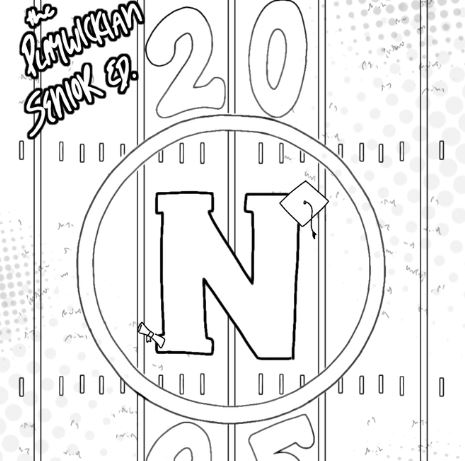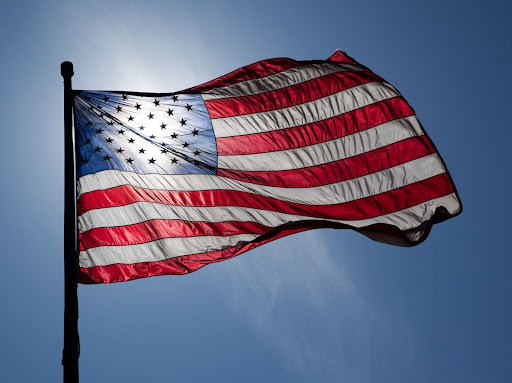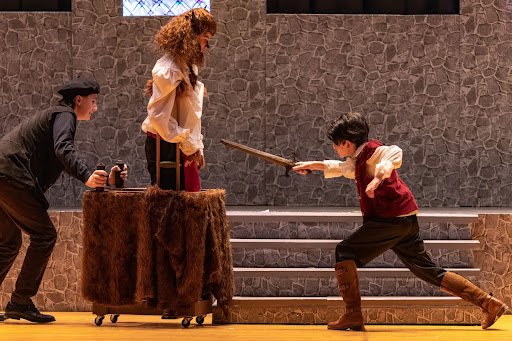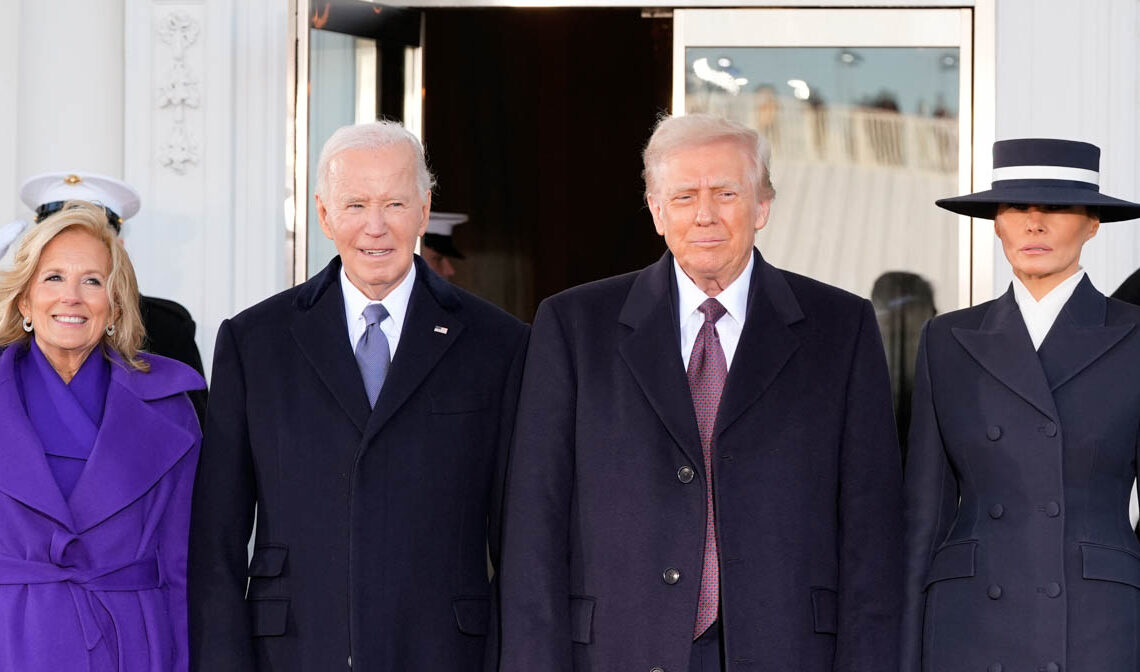Dystopian fiction books have risen on Amazon’s bestseller list following the presidential election results.
Margaret Atwood’s “The Handmaid’s Tale” saw a 6,866% increase in sales as of Nov. 7. The book rose from rank 209 to rank three following the surge. It is currently placed eighth on Amazon’s bestseller list.
“The Handmaid’s Tale” takes place in a male-dominated future America where women’s rights are stripped, and the U.S. Constitution has been suspended. Women lose their reproductive rights and are forced to bear the children of the ruling class. Reproductive rights were a major issue in the election since Roe v. Wade was overturned while Trump was in office.
After Trump was declared the winner of the election, Atwood took to X: “Despair is not an option. It helps no one.” She posted a drawing of a sobbing Statue of Liberty along with the quote. The book has been banned in schools and libraries in Texas, Oregon, Portugal, and Spain.
“The Handmaid’s Tale” isn’t the only dystopian fiction to rise on Amazon’s bestsellers, with books like George Orwell’s “1984” and Ray Bradbury’s “Fahrenheit 451” seeing a 250% and 333% rise in Amazon sales. “1984” includes rigid government control, and “Fahrenheit 451” focuses on a society where books have been completely banned.
Dystopian fiction has always drawn in readers by giving them a glimpse into what society could be like when the wrong people are given power. They make readers think about reality and what’s wrong with it. Dystopias often exaggerate current issues, forcing the reader to confront the possibility of these issues growing larger and becoming untamed.
“I think people respond to dystopian stories because they’re ways of acting out anxieties that we have and fears that we have about the future,” said Suzanne Collins, author of “The Hunger Games” in an interview with TIME Magazine.
“So much media’s coming at you and so much stuff comes at you over the Internet, your brain gets overloaded,” Tahereh Mafi, author of the “Shatter Me” series, said who believes that teenagers read dystopian literature because of their personal connection to it. “Teenagers really feel, in a very metaphorical way, that they are living in a dystopian society. It’s just so hard as a young person. You have no agency whatsoever, no independence,” the author to the newspaper Calgary Herald said.














